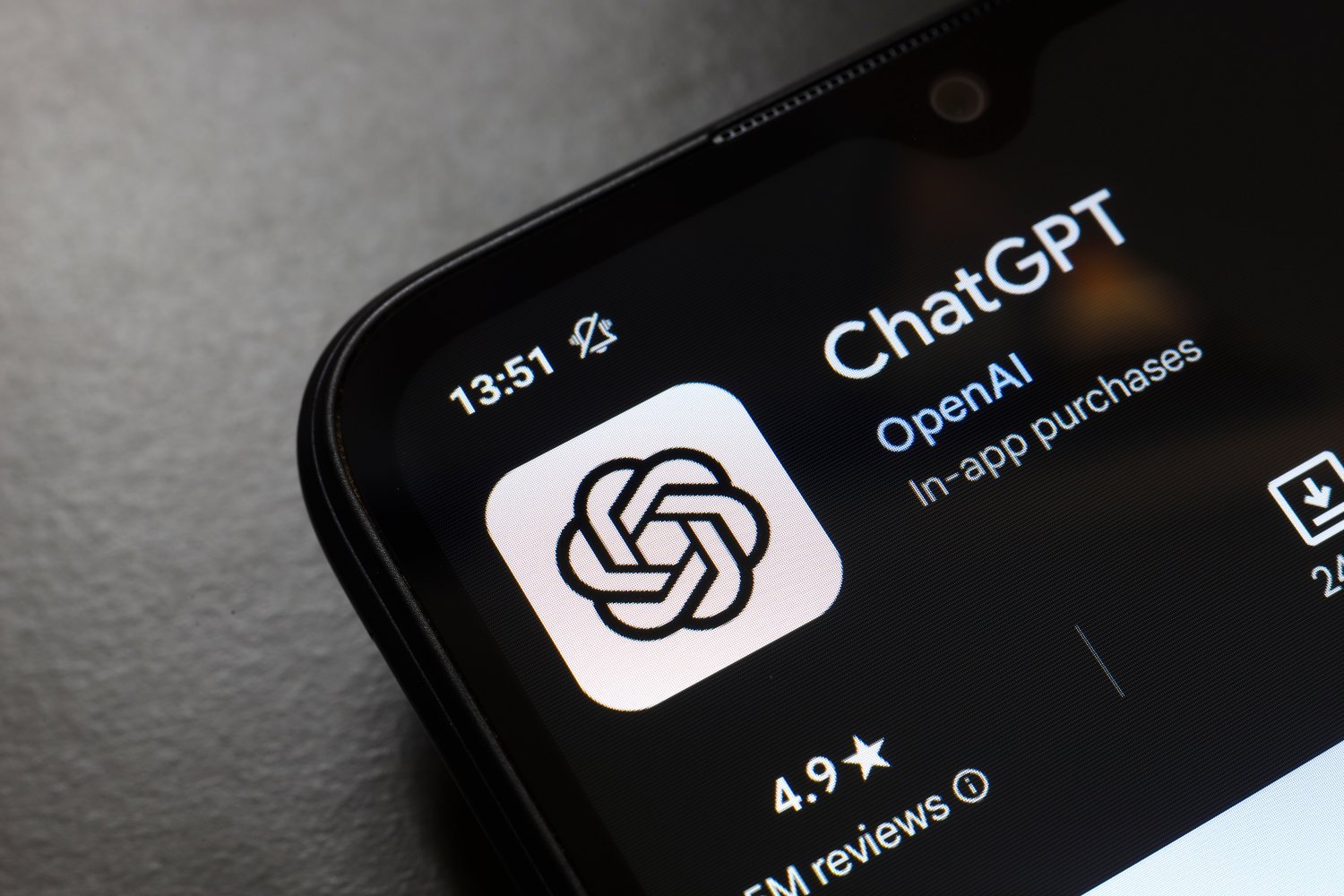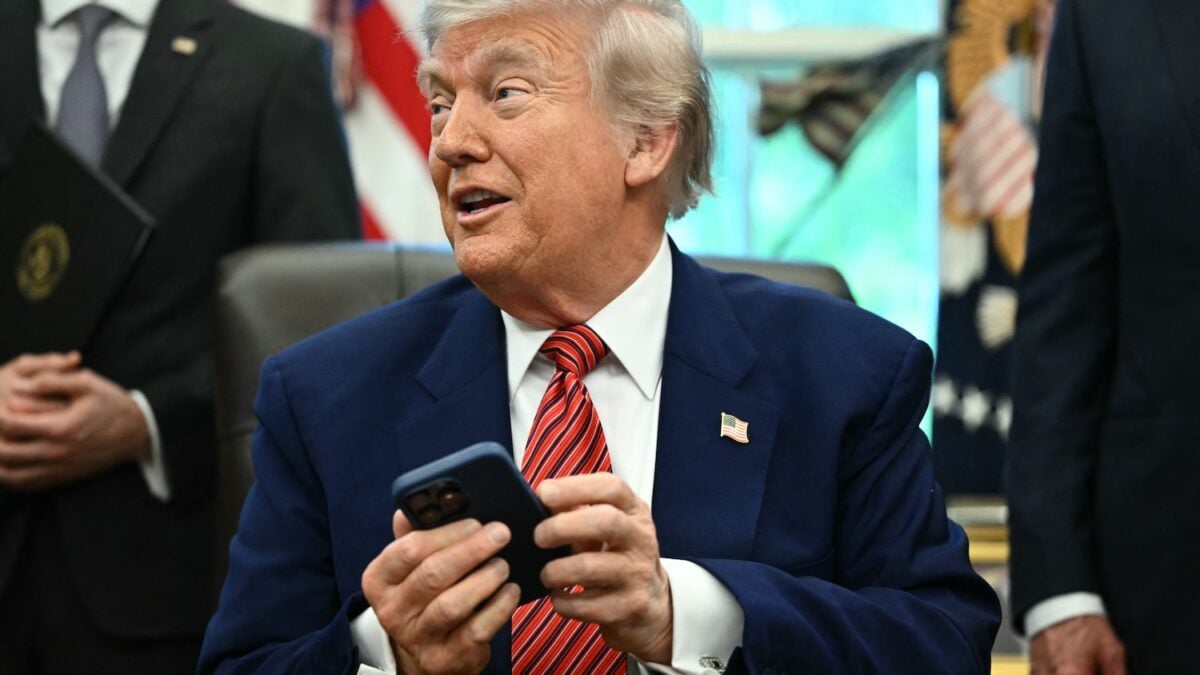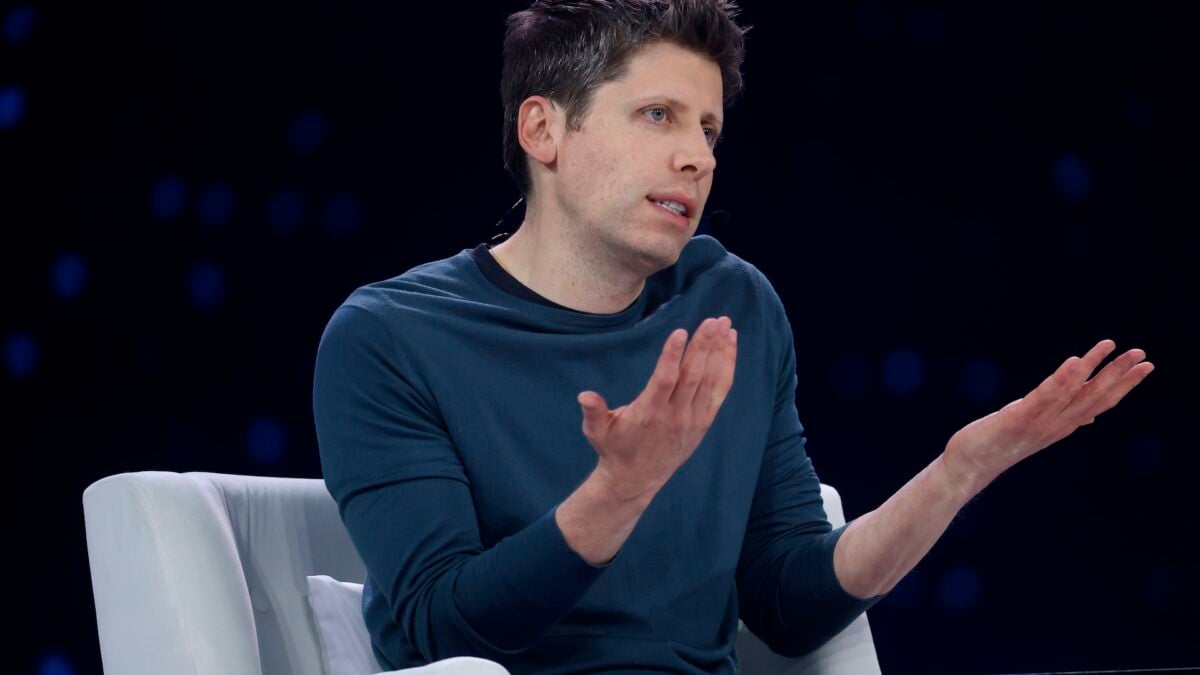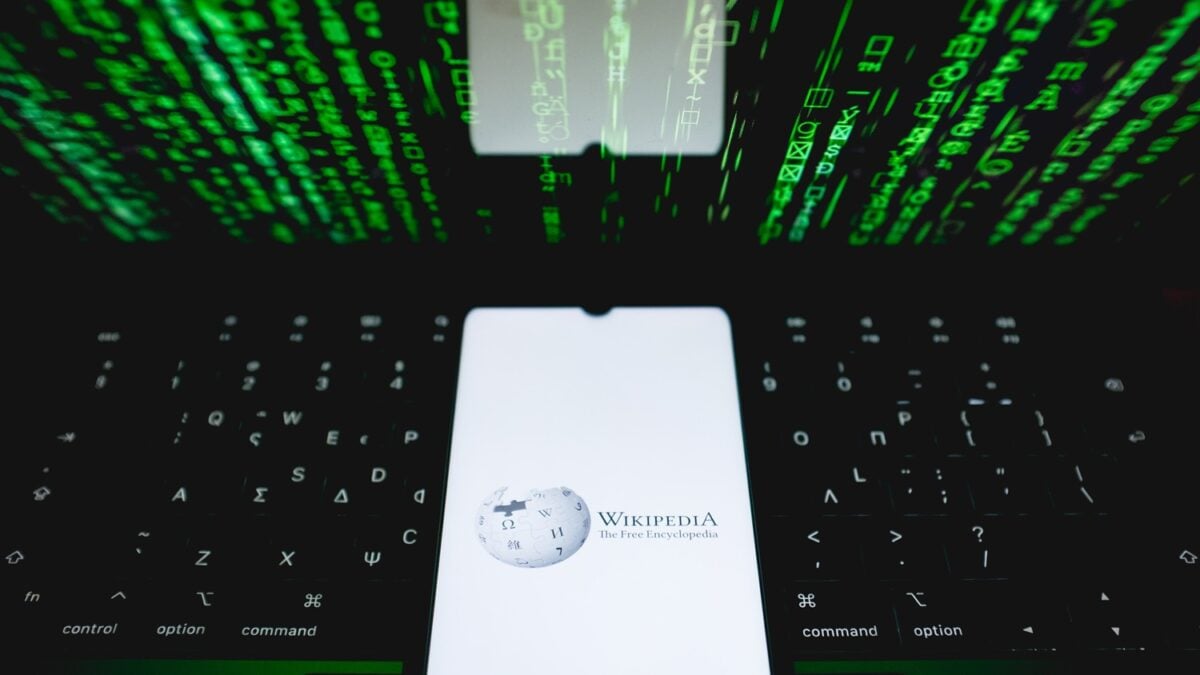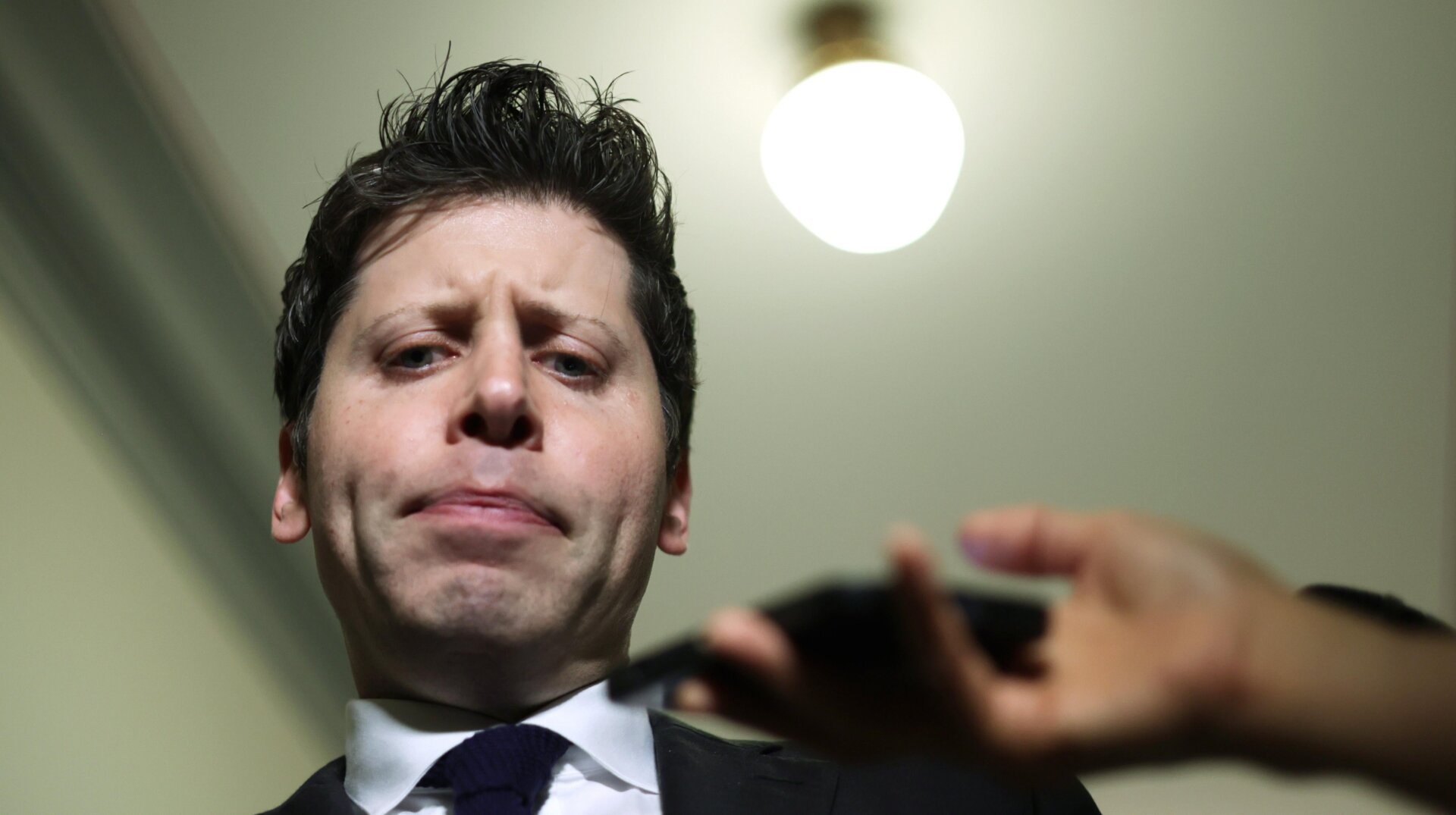AI chatbots, such as OpenAI’s ChatGPT, have a documented history of providing false information, hallucinating entirely fabricated sources and facts, and delivering confidently wrong answers to user queries. This inherent unreliability has led many educators to view AI tools with skepticism. Despite these concerns, OpenAI and its competitors are aggressively targeting colleges, pushing their services on students and aiming to reshape the landscape of higher education.
OpenAI’s Strategic Inroad into Academia
According to a report by the New York Times, OpenAI is undertaking a significant initiative to make ChatGPT an indispensable tool on college campuses. The company envisions providing every student with a “personalized AI account” upon arrival, similar to how they receive a university email address. This AI would function as a personal tutor, a teacher’s assistant, and even a career counselor helping students secure employment post-graduation.
Several institutions are already embracing this vision, despite the initial distrust and bans AI faced in the educational sector. The Times notes that universities like the University of Maryland, Duke University, and California State University have subscribed to OpenAI’s premium service, ChatGPT Edu. These institutions have begun integrating the chatbot into various facets of the educational experience.
The Competitive Push for Student Users
OpenAI is not the sole player aiming to capture the higher education market. Elon Musk’s xAI offered students free access to its Grok chatbot during exam periods. Similarly, Google is providing its Gemini AI suite to students at no cost through the end of the 2025-26 academic year. However, these offerings operate largely outside the core university infrastructure, which is precisely where OpenAI is concentrating its efforts.
Mounting Concerns Over AI in Learning
The pivot by universities towards AI, after initial hardline stances against it due to fears of cheating, is a concerning development. A growing body of evidence suggests that AI may not be beneficial for genuine learning and information retention. A study published earlier this year indicated that reliance on AI can erode critical thinking skills. Other research has found that individuals tend to “offload” more demanding cognitive tasks to AI, using it as a shortcut. If a primary goal of university education is to teach students how to think critically, AI integration fundamentally undermines this objective.
The issue of misinformation further complicates AI’s role in education. In an experiment to assess AI’s utility in a specialized educational context, researchers trained various models on a patent law casebook and then questioned them about the material. All models produced false information, invented non-existent cases, and made errors. The researchers reported that OpenAI’s GPT model provided answers that were “unacceptable” and “harmful for learning” approximately 25% of the time. This level of inaccuracy is far from ideal for an educational tool.
The Broader Impact on Student Life
Considering that OpenAI and other tech companies aim to embed their chatbots not just in classrooms but in every aspect of student life, other potential harms warrant consideration. Over-reliance on AI chatbots can negatively impact social skills. Furthermore, university investment in AI technologies means diverting funds from areas that could foster more human interaction. For instance, a student seeking help from a human tutor engages in a social interaction that involves emotional intelligence, trust-building, and connection, contributing to a sense of community and belonging. In contrast, a chatbot merely provides an answer, which may or may not be accurate.
The Future of Authentic Learning at Stake
The aggressive push to integrate AI chatbots like ChatGPT into the core of higher education raises significant questions about the future of learning. While proponents highlight potential benefits like personalized assistance, the well-documented issues of unreliability, the potential erosion of critical thinking, and the detrimental effects on social development cannot be ignored. As universities increasingly adopt these technologies, it is crucial to consider whether they are enhancing education or inadvertently compromising the very skills and experiences that define a valuable university education.



